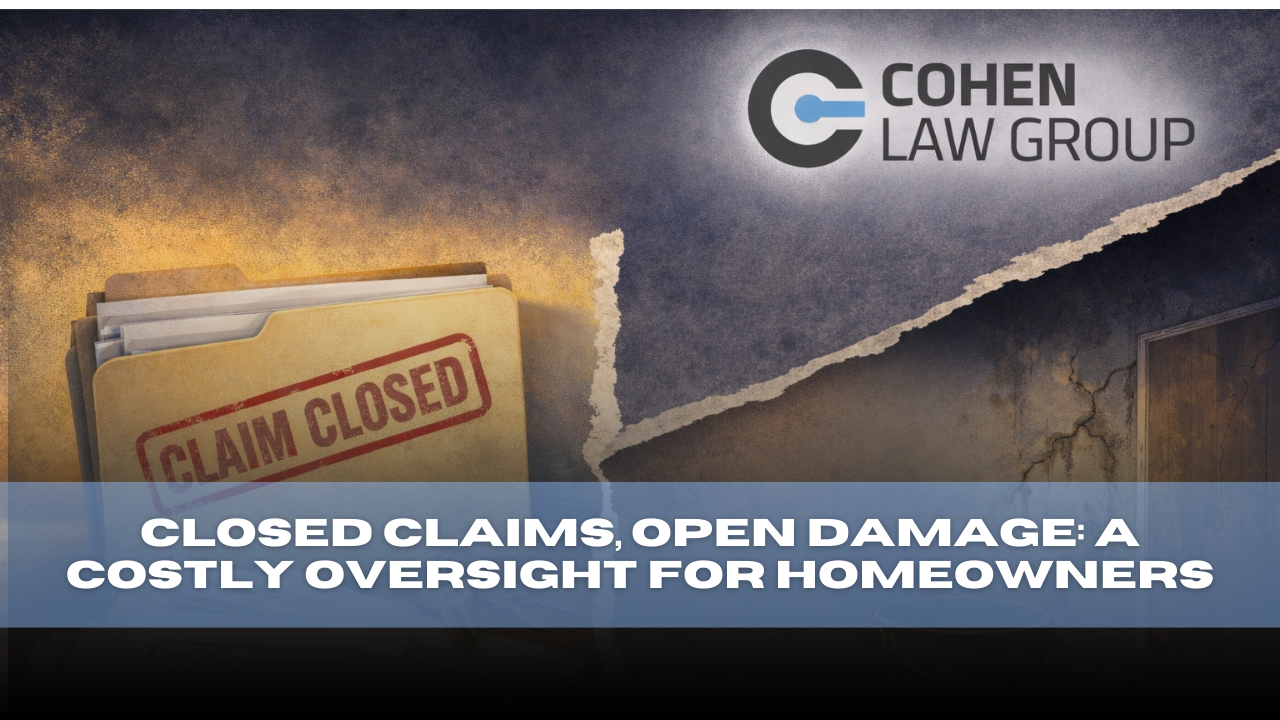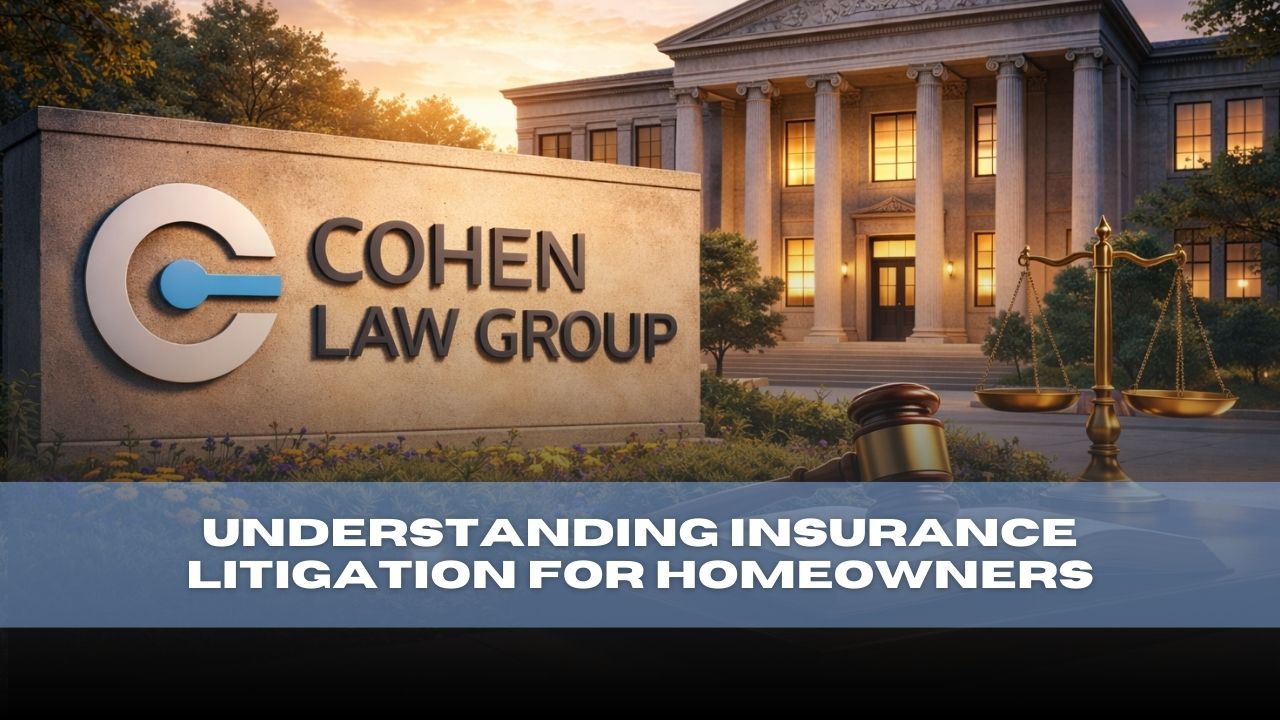In accordance with your homeowner’s insurance policy, part of the duty of the Insured is to allow for inspection of the damaged property by the carrier. If the insured undergoes a repair without notifying the carrier, then the carrier may later claim that they cannot inspect the damage to the property because it has already been repaired. The carrier may claim it has been prejudiced in its ability to fully inspect the damage to your property.
This does not mean you cannot make repairs to your property during an insurance dispute. However, there are a few steps to keep in mind to ensure the repairs do not negatively impact your claim.
First, if you have retained an attorney, it is imperative to contact your attorney with your intentions to repair before the repairs are completed. Your attorney can then notify the insurance company that repairs will be completed, and provide the insurance company with the proper time to reinspect the property, if requested.
In addition, your insurance policy requires that you maintain repair records and keep records of expenses related to the claim. Having an organized filing system in place that is manageable will be beneficial if you have to file a homeowners insurance claim or decide to sell your house.
If you get your roof repaired or cleaned for regular maintenance, keeping invoices on file is helpful if you later have to file a claim with your insurance company. Prior repairs, not caused by a peril, show that you have maintained the integrity of your roof from wear and tear. Often insurance companies claim that the insured has failed to maintain their roof and that the damage is a result of such, not a weather peril. If you can produce documentation showing otherwise, the insurance company may have to concede its stance.
As the saying goes, “Hope for the best, prepare for the worse.” If you have to file a homeowner’s insurance claim in the future, you will be better prepared in providing documentation of repairs and expenses by following this advice.
Brittany Friestad, ESQ.








